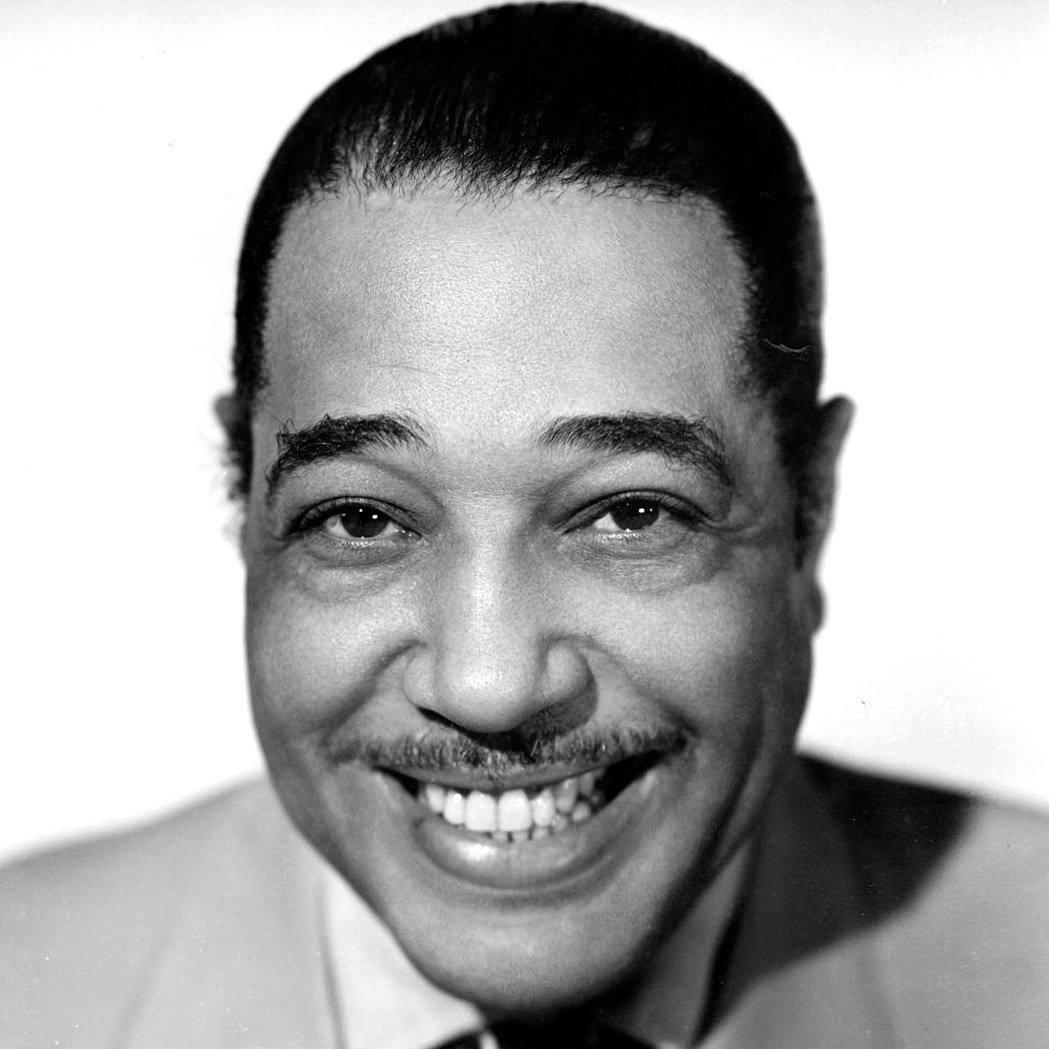Program Notes
Learn more about the memorable programs offered by the Spartanburg Philharmonic through insightful anecdotes and historical notes about the composers and their works.
Thompson: An Act of Resistance
“I decided to write a piece that would help me, and hopefully others, rebuild the strength necessary to love deeply, genuinely, and passionately. This piece is essentially a battle between selfishness and empathy—pride v. love—and because one is easier than the other, the victor is clear towards the end of the piece. It is important that the decision to perform the music that follows “the end” remains a choice for each individual member of the ensemble.“
- Joel Thompson, Composer (“An Act of Resistance”)
Ellington: Les Trois Rois Noirs
"There are simply two kinds of music: good music, and the other kind."
Thus wrote Duke Ellington in 1963, and Ellington’s vast, five-decade career both testifies to and demonstrates that assertion. Ellington’s 20,000 performances, his output of 3,000 songs, pieces, and arrangements – they all point back to that central fact.
Shostakovich: Symphony No. 5, Op. 47
Shostakovich’s Fifth follows the same broad outline as Beethoven’s: a minor key transformed over four movements into a major one, with a touching slow movement shockingly interrupted by a brassy finale. The frantically insistent final resolution (octave A’s are repeated no less than 253 times before they finally resolve to the Symphony’s home note, a unison D) is one of the things that inspired Maxim Shostakovich, the composer’s son, to call the Fifth his father’s “Heroic Symphony.” But, as the insightful New Yorker music critic Alex Ross asks: at this moment, exactly who, or what, is triumphing?



